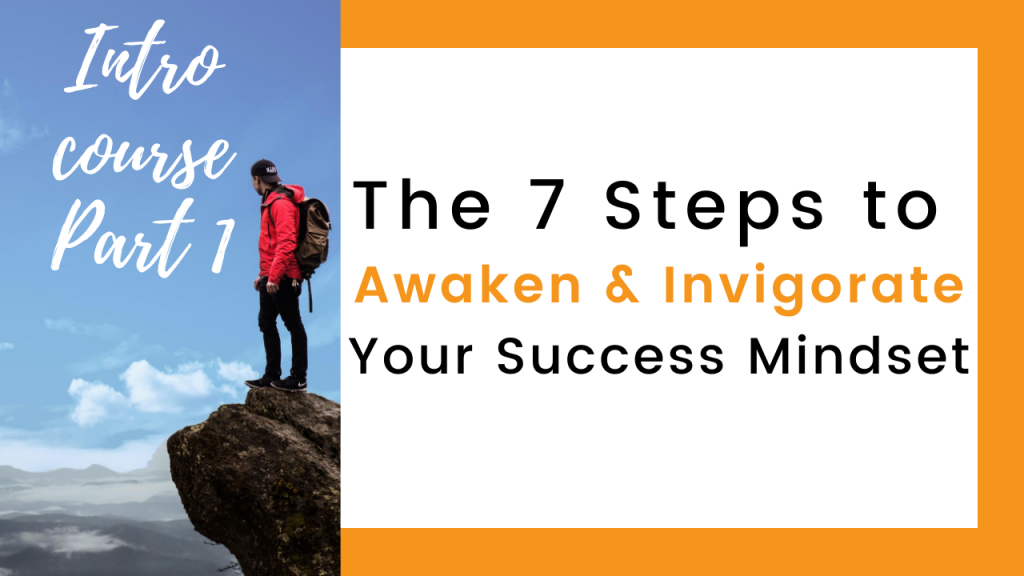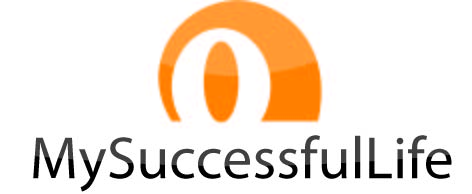The Ultimate Success Criteria

Success for many people can seem elusive, some people seem to achieve their ultimate success criteria incredibly easy, Yet for others it’s a continuous struggle.
There’s also a large group of people that achieve success with relative ease, yet also seem to have the ability to have huge failures following quite rapidly afterwards. This yo-yo success/failure is incredibly common and many people know of others that have managed to build businesses only to watch them fall apart again… Often over and over.
Why is this? Why does success come so easily for some yet seem so difficult for others?
Why does this yo-yo effect exist and what’s the solution?
Let’s take a look…
How to define success for yourself
For many people they define success as being happy. And yet, happiness is a state and should never be a goal in itself. Think about a fabulous event in your lifetime, perhaps a wedding, a party or a holiday where you had an absolute blast. See what you saw, hear what you could hear when you were there and feel the emotions of that event.
Can you feel the happiness?
See what I mean? Happiness can be invoked at any time, all we need is the correct mental stimulus and we can feel happy.
Therefore, happiness should not be a goal or definition of success… What we need is something more.
Here are a few ways to define success for yourself.
- Growth and connection with people with similar mindsets.
- Being aware and living with my own values, not societal norms or cultural expectations.
- Achieving a defined work/life balance.
- Self-awareness and development of my potential.
Once you have defined success for yourself, look carefully at the words. For example, ” self-awareness and development of my potential”…
- What does self-awareness mean specifically?
- What does development mean? How quick, when, how will it be measured?
- What does potential mean specifically?
And then, how will I know that I have reached full self-awareness and development of my potential?
This can be quite some process, but begin to think now about what success means for you, then have a dig around in the words you have used to come up with specific meanings for them.
How to write success criteria
The best way I can describe this is to set yourself a Chief Definite Aim, I use a 13 point sequence to ask a series of questions to gain my success criteria.
Those 13 questions to ask of yourself are:
- What specifically do you want? And I mean SPECIFICALLY!
- Where are you now?
- What will you see, hear and feel when you have it? This makes it oh, so very real and attractive.
- How will you know when you have it?
- What will your goal/outcome get for you or allow you to do?
- Is it only for you?
- Where, when, how and with whom do you want it?
- What do you have now and what do you need to get your goal/outcome?
- For what purpose do you want it?
- What will happen if you get it
- What won’t happen if you get it?
- What will happen if you don’t get it
- What won’t happen if you don’t get it?
Listen to a pod cast about this topic.
The last 4 questions can be deliberately confusing, this uses a process called Cartesian logic and is deliberately designed to push you out of your comfort zone. This isn’t thinking outside the box, this is getting rid of the box completely!
Making effective decisions
Here are my 3 top tips to making effective decisions:
- Understand your decision-making strategy. Do you have an internal locus of evaluation or an external locus of evaluation? This is about knowing you are making a right decision (internal) yourself… You just know. The alternative is constantly seeking other people’s input and seeing their point of view to the degree that stifles your ability to make the decision (external). Simply being aware where your locus of evaluation is can really help if you find decision-making difficult.
- Be aware of your modal operators. Do you use words like could, would, should or ought? This can help you understand your incentive for making the decision. Are you deciding something because you think you should? Are you deciding something because you think you ought to? As your coach I would then say to you “Who says you should or ought?”. If it’s someone else then perhaps this is why you find making decisions difficult. Bring the choice about making a decision back to you, give yourself total authority over the motivation for making the decision. If someone else says you should or ought, then perhaps it’s their decision to make and not yours!
- Don’t try. Never try to make decisions. In fact, never try anything. Our brains cannot cope with the word try. You either do or do not. If someone says to you they will try to come to your party, are they going to be there? Let’s not try… Let’s decide right now that we WILL.
Here’s what to do next
I’m proud to say I have a whole course catalogue of communication, mindset courses which include lots of information about making effective decisions. Take a look at the whole course catalogue here, or sign up for a free trial and take the first course absolutely free.
FREE COURSE >>

As an extra bonus, you will also get a CPD certificate for 2 hours after completing the 1st free course.


